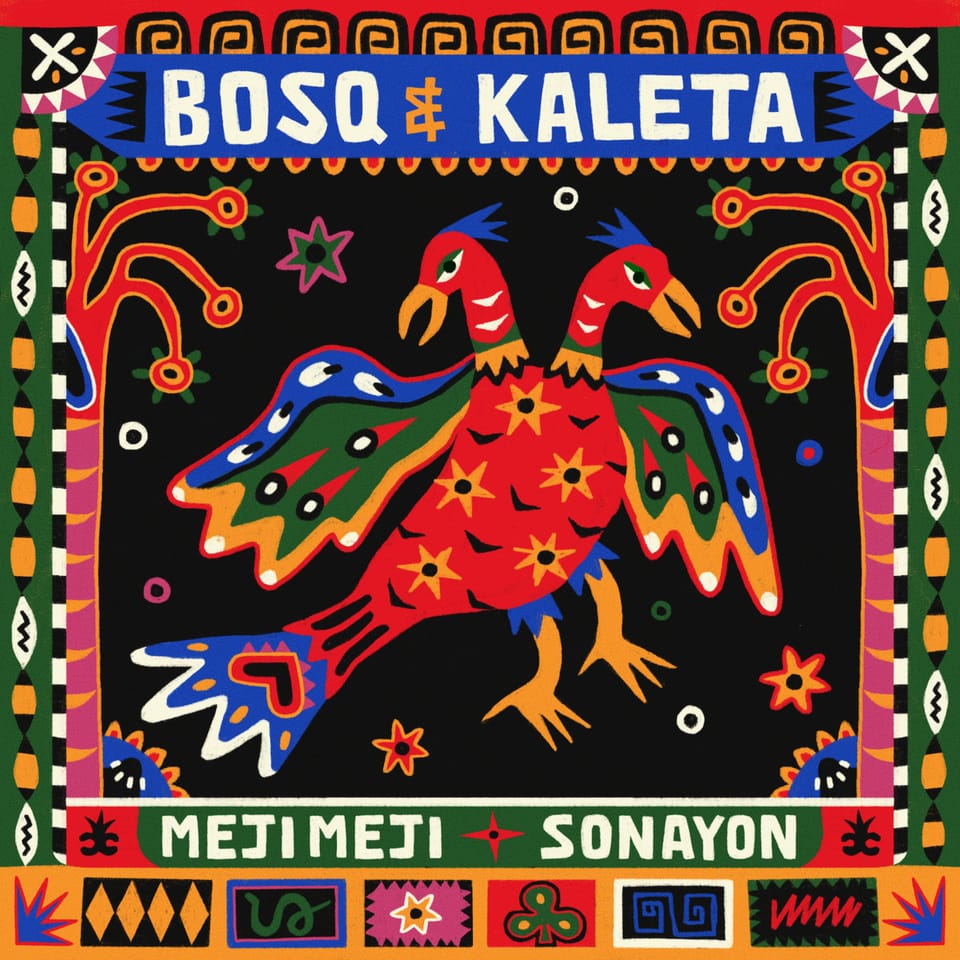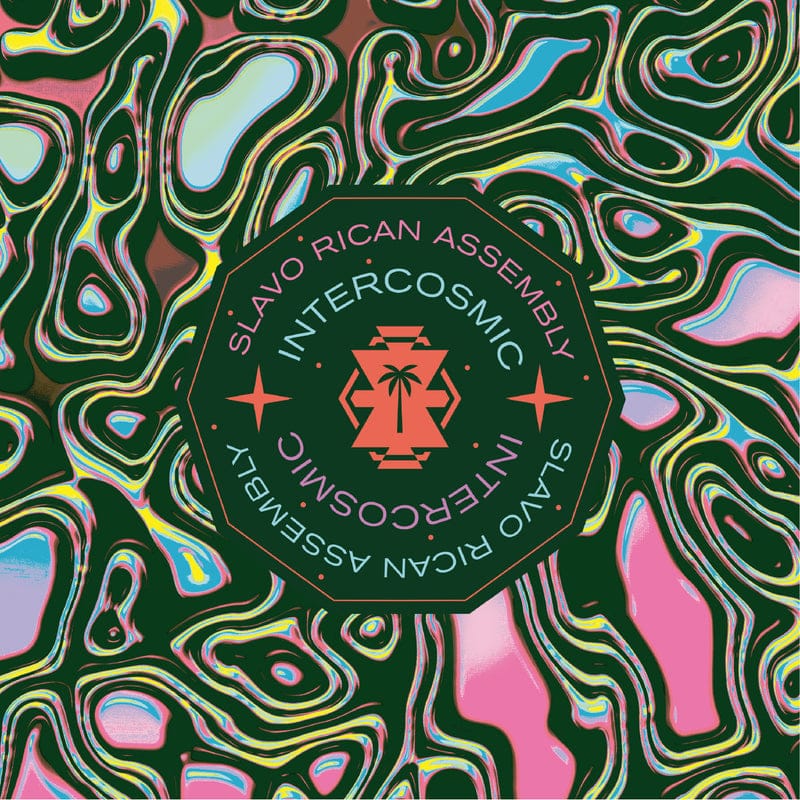Adrian Quesada
Musician, songwriter, and producer from Texas

Today on Ecléctico you're listening to Adrian Quesada, a musician, songwriter, and producer based in Austin, Texas, and iLe, a singer from San Juan, Puerto Rico. "I love music that seems to traverse between worlds and decades," says Ecléctico guest DJ and Citizen Vinyl Content Director Cass Herrington. "To that end, musician Adrian Quesada, of Black Pumas, struck gold on this entire record. The sounds of harpsichord and flute in this particular dark bolero evokes the scene of a smoke-laced bar from a '70s noir film. Singer iLe’s vocals add elegance and drama."
“Mentiras Con Cariño” by Adrian Quesada, featuring iLe (2022)
- Listen on Spotify
- Listen on Apple Music
- Listen on YouTube
- Listen on Tidal
- Listen on Amazon Music
- Listen on Deezer
- Listen and buy on Qobuz
- Listen on Soundcloud
- Buy and listen on Bandcamp
- Buy on iTunes
- Buy on Amazon

Go deeper with this excerpt from and a link to an article and a live session by Adrian Quesada and his full band on KUTX:
As the title suggests, Boleros Psicodélicos turns the bolero, a traditional genre of love songs originating in Cuba, into a groovy, psychedelic-tinged collection of songs featuring some of Latin music’s most powerful voices, including Gabby Moreno, Gabriel Garzón-Montano, and iLe among others. While Cuban folk songs might not sound like the genesis of a psych-rock record, the bolero’s unique history and widespread popularity made it the perfect vehicle for Adrian Quesada’s latest project. From its origins in Cuban barrooms, the bolero style quickly spread to Puerto Rico, the Dominican Republic, and the rest of Latin America, even finding fans as far away as Vietnam by the late 1930s.




